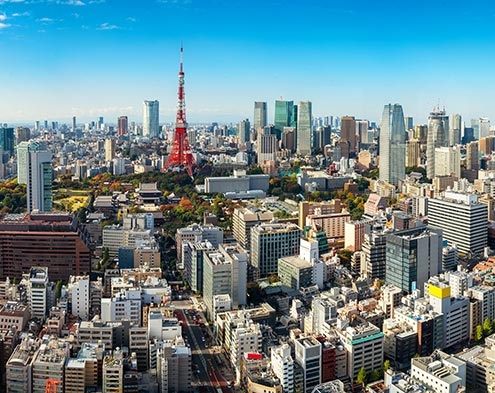Around 75% of international students in Japan are working part-time. While engaging in part-time work, it is important to abide by the conditions that are stated below. Failure to do so may result in punishment and even deportation from the country.
- People entering Japan for the first time having “Student” status of residence and who plan to reside in the country for more than 3 months can apply to engage in activities other than that permitted under the status of residence which is previously granted at an airport etc. when landing permission is issued.
- The part-time job does not affect your studies.
- The income is meant to supplement the academic cost and necessary expenses and is not for saving or remittance overseas.
- The part-time work engaged should not be in adult entertainment businesses which is prohibited by the law.
Is it interesting to note that every year, international students are forced to leave Japan since they are not able to extend their period of authorized stay due to their low school attendance which is due to working part-time and mostly neglecting their studies. A student has to be very careful not to let this happen.
It is imperative to not get distracted from the purpose of studying or working too hard that it results in damaging your health. Hence, while working part-time, it will be beneficial to keep certain questions in mind, like :
- Will this job hinder my studies in any way?
- Will I be affected the following school day by working long hours or late in the night?
- Are my taxes being paid? Are my wages paid in cash or bank transfer?
- Is my working environment safe? Are there any on-the-job insurances?
You can ask the school you are enrolled in, to provide you with some information on good potential part-time jobs that will be suitable for you.
Keeping in mind the number below is the bare minimum; (language teaching, modelling, plus jobs with higher requirements pay more). The average minimum wage (changes slightly depending on the region) is approximately 800 yen. The minimum wage in Tokyo (whether you are a foreign student or not) is 1,013 JPY/hour, as of August 2020.
Once you reach a higher level of language ability, your job opportunities will increase. You…
- Can use your degree to work in Japan and get a work visa.
- Can work in a Japanese company in your home country or all around the world.
- Can have the ability to work in an international company with relations in Japan.
- Can work in translation or international relations.
Of course, these are not your only options. You may meet the love of your life and get married (or not), find a business partner and start a business together, start your own business, or study towards higher education in Japan. You:
-
Can enter vocational college in Japan, where you can learn an in-demand profession and get a job in Japan. Some schools have 100% graduate employment rates.
-
Can enter university in Japan, which will help secure you a job before graduating. The graduate employment rate in top universities are over 98%.


